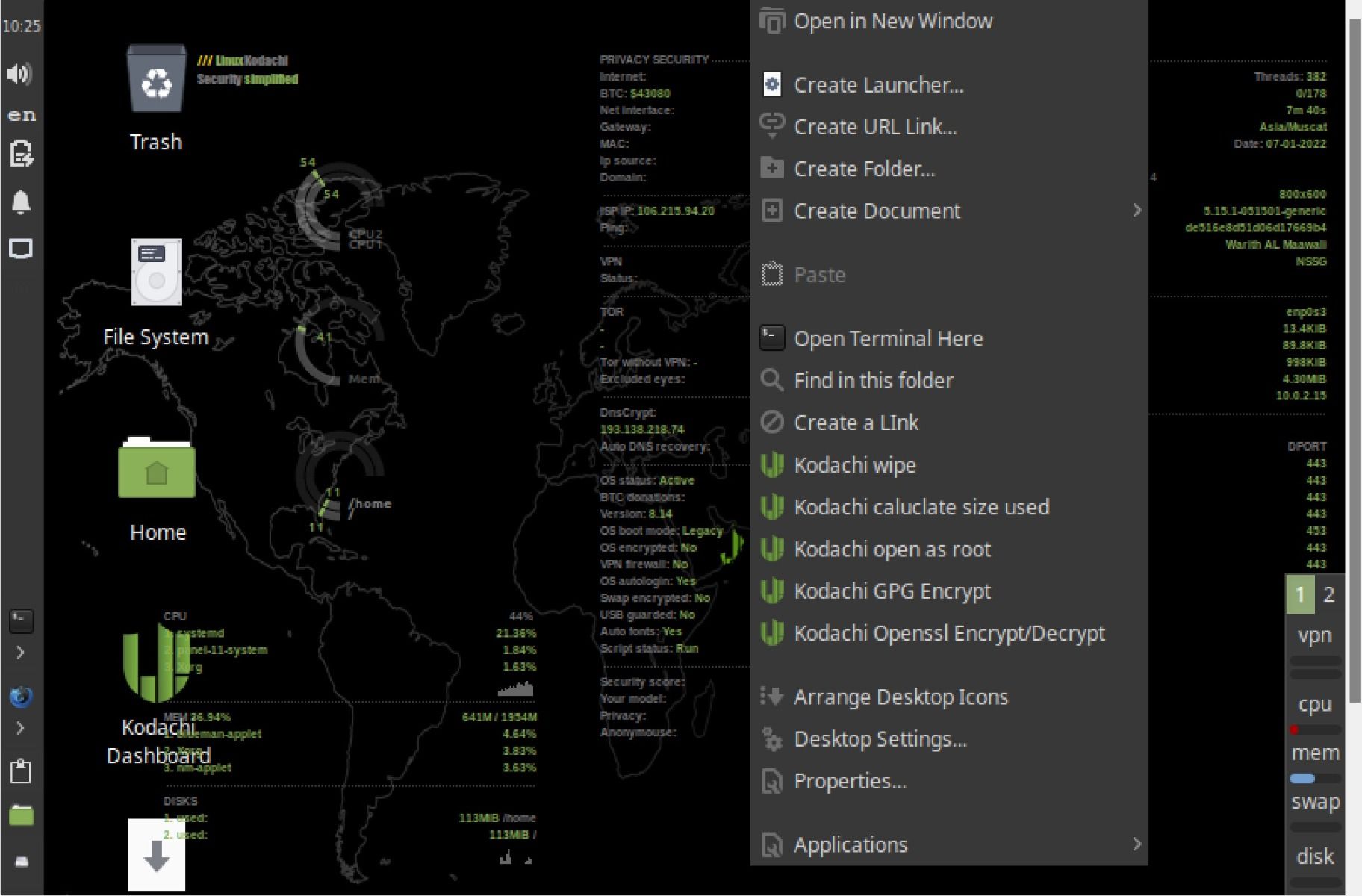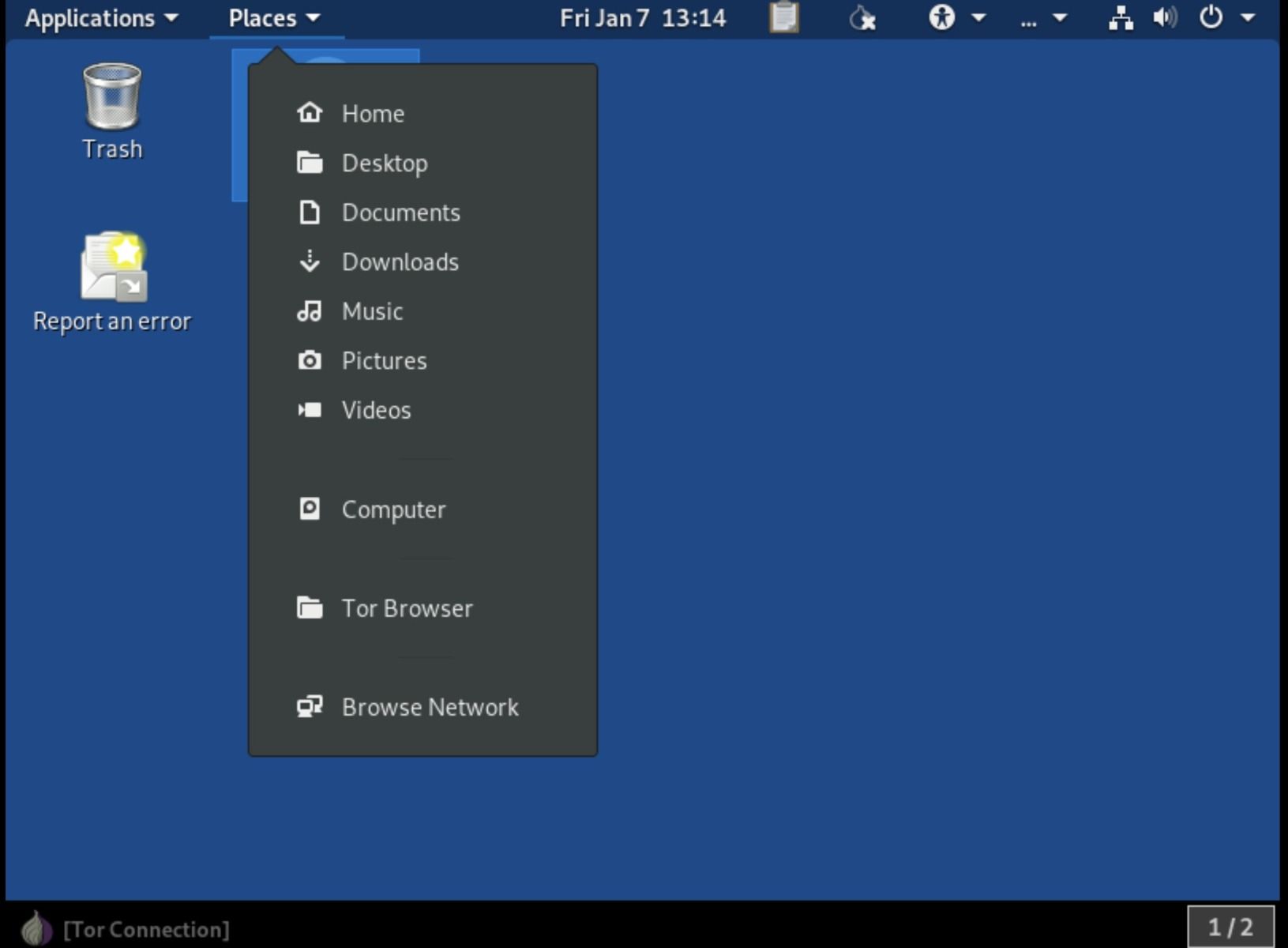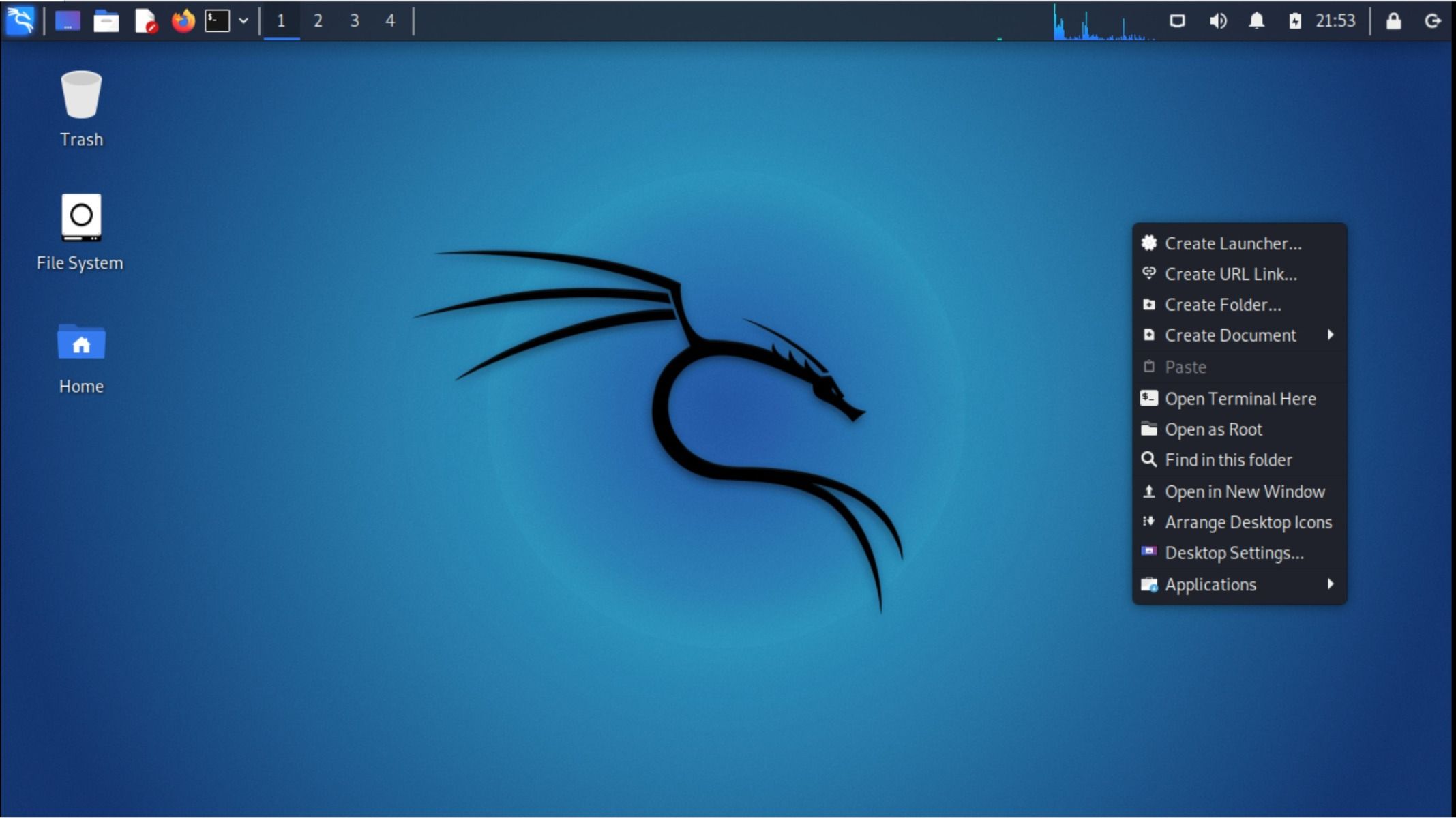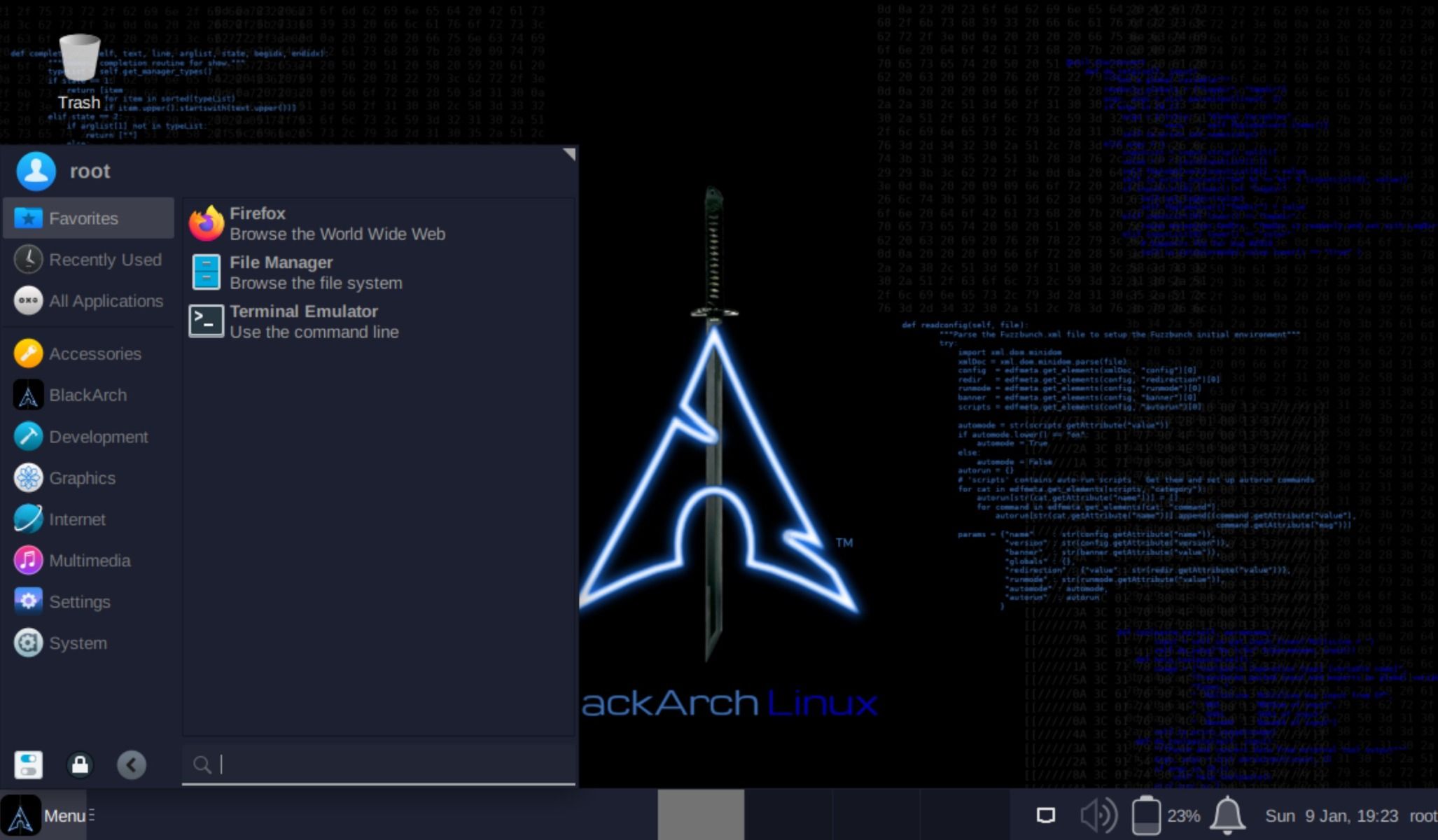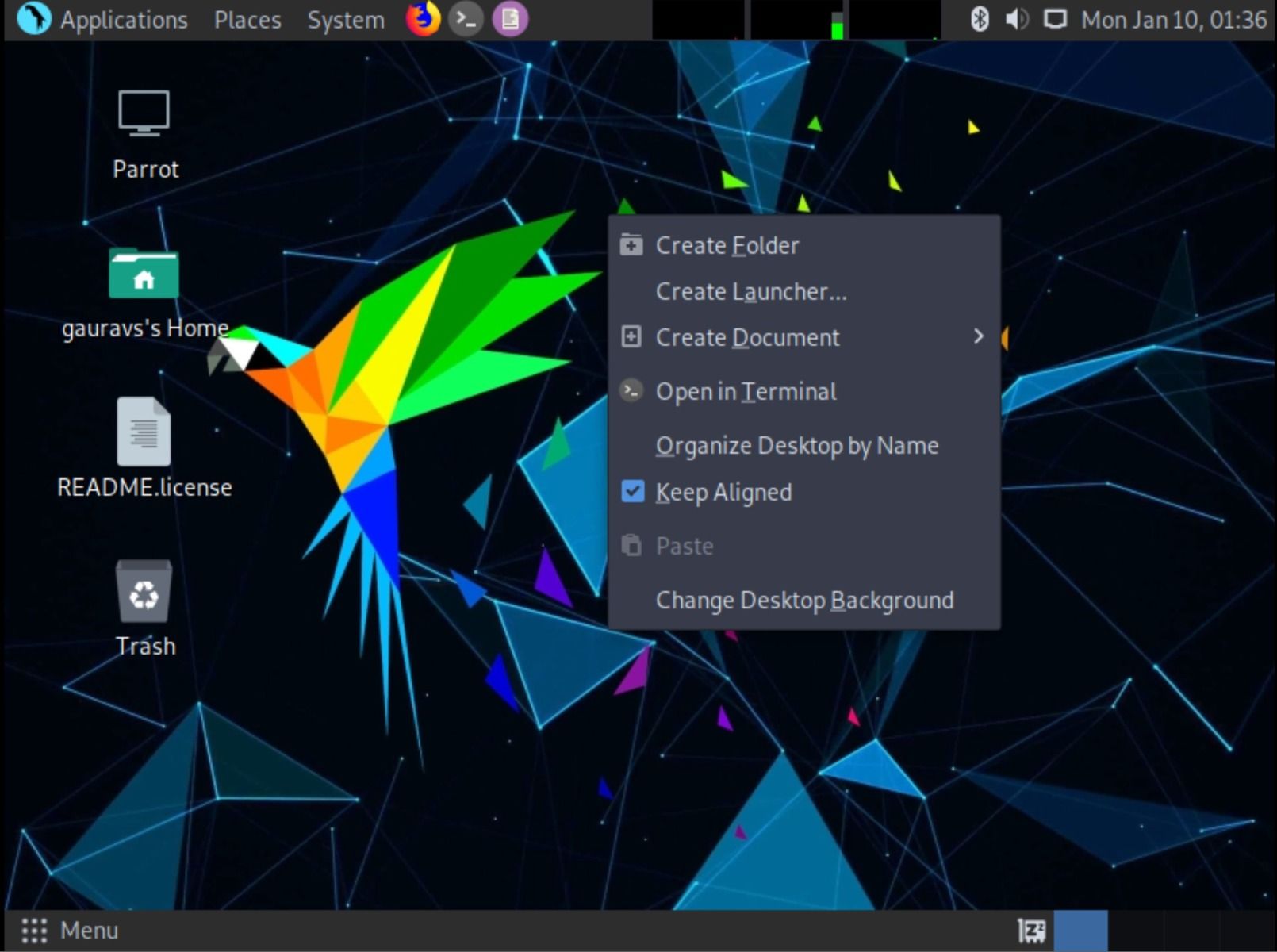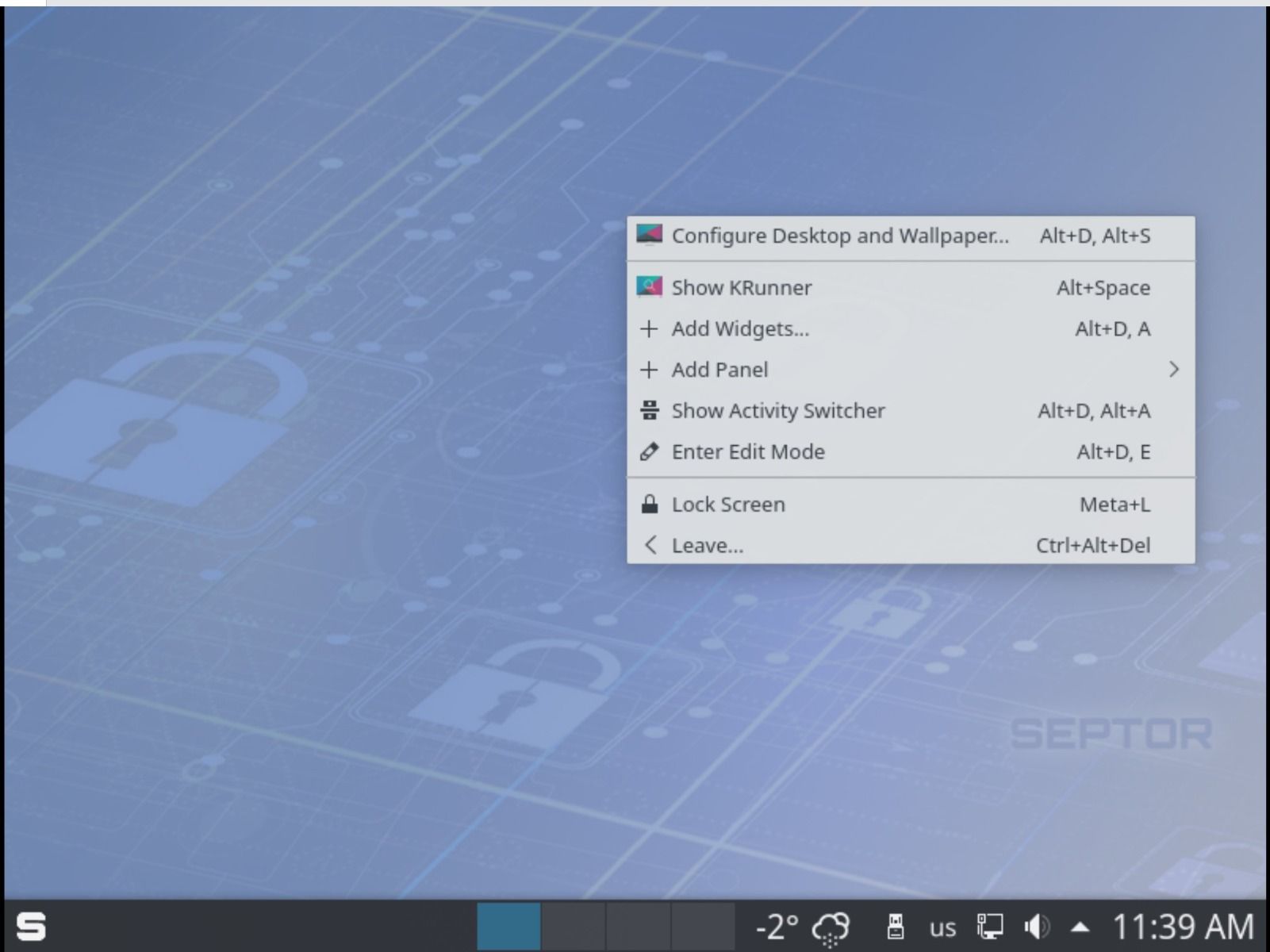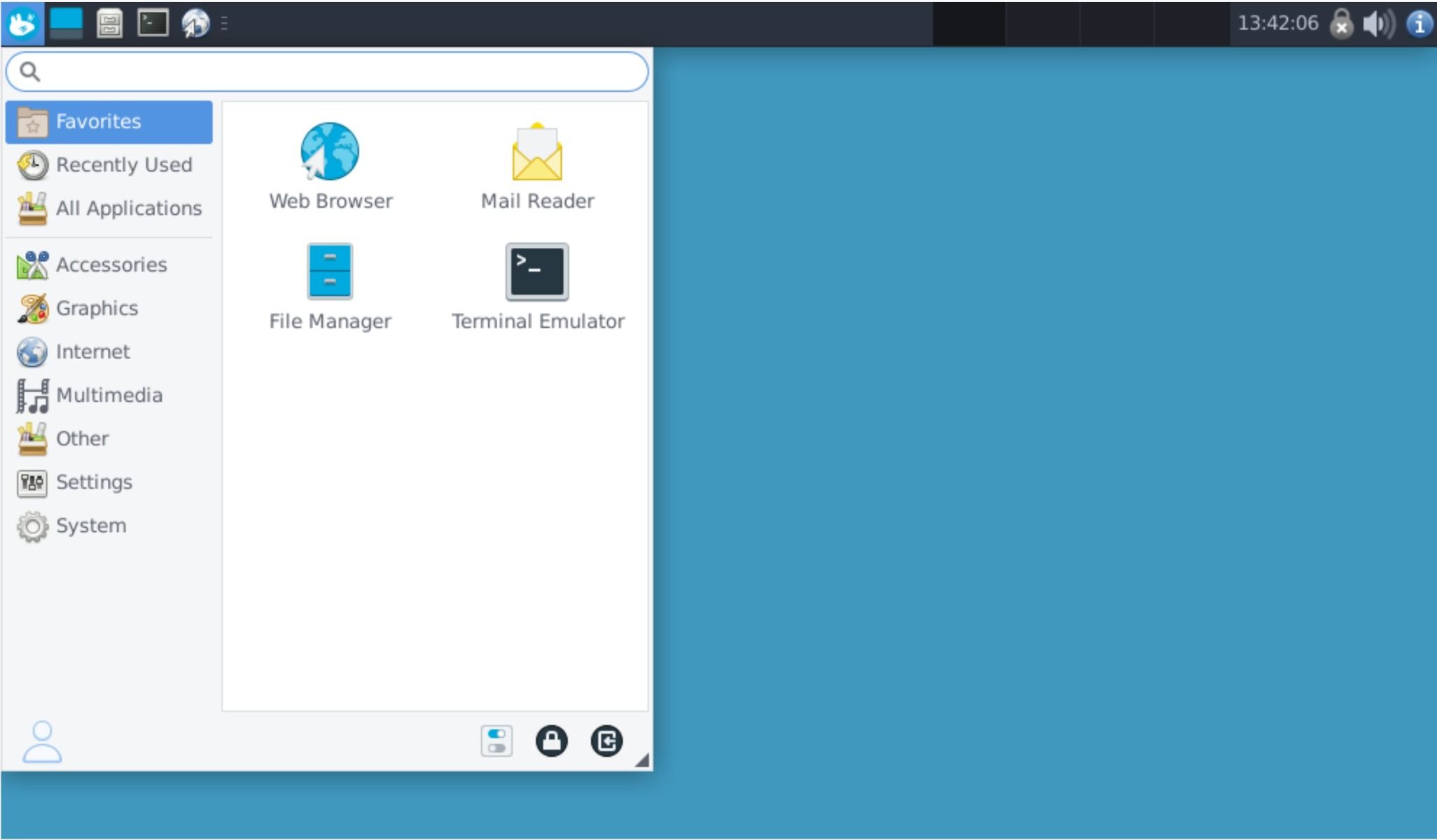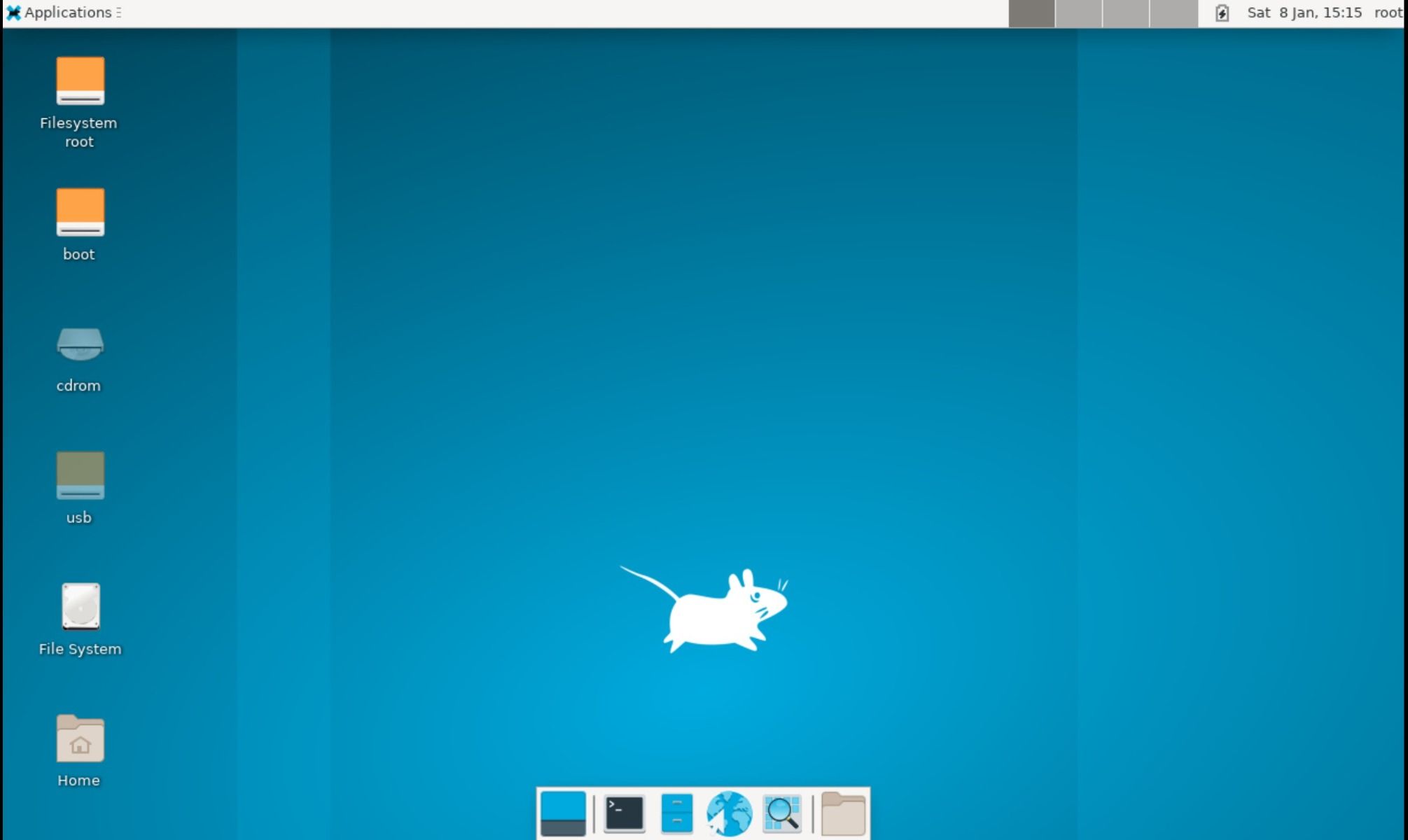The proliferation of cyberattacks and increasing security breaches is a matter of great concern in the open-source community. However, there is still hope to overcome these breaches, considering the ongoing stress on privacy-focused Linux distros.
These open-source Linux OSes combine best-in-class tools, encryption, and virtualization tactics to counter threats. If privacy ranks high on your agenda, and you need to switch to a high-end security-oriented Linux OS, then you should check out the nine Linux distros listed below.
1. Linux Kodachi
Kodachi is a customized Debian-based Linux distro with an XFCE environment that runs seamlessly from a DVD, portable USB stick, and even an SD card. It comes bundled with pre-installed VPN services and Tor-enabled browsing solutions to improve online privacy and provide a safe browsing experience to the end-users.
The distro packs DNSCrypt for masking the TCP/IP protocol configurations so that all online activities are filtered through privacy filters. Besides, users can encrypt their file directories, emails, and IMs with high-grade cryptographic tools available within the distro.
Kodachi's live sessions are impossible to detect as the OS cleans its traces from the host system. Your desktop activities remain private, and the distro's accessibility to your system data is never without authorization.
Download: Linux Kodachi
2. Qubes OS
Qubes OS is a Fedora-based Linux distro, which runs a Xen-based virtualized environment so that you can run your apps and connected devices as isolated components.
Its compartmentalization features are helpful for server-side network stack and firewall management, along with security-oriented desktop computing. Additionally, Whonix integration with Qubes permits system-wide Tor availability for users.
Qubes OS facilitates the use of Split GPGs to enhance safety, allowing users to save their private keys safely. As an added step, the distro strengthens its encryption capabilities by use of device isolation and U2F proxy setup, making it an instant hit with privacy-conscious users.
Download: Qubes OS
3. Tails
Tails is another highly sought-after live Linux distribution executable from various storage mediums, including HDD, USB, and SD cards.
As a Linux distro, Tails relies heavily on its ability to maintain and expand its users' privacy aspects. Imagine having an OS that deletes all your stored data and files, every time you shut down your system. To avoid losing your personal data, you need to save your files in an encrypted folder.
Tails is a privacy-centric Linux distro that has adapted to Tor's nuances well. Subsequently, it offers the added advantage of wiping your data to enable fail-proof, privacy-oriented computing after every instance.
Tails can be operated as an immutable OS with added encryption layers to safeguard your data. Its highly active community support and extensive user documentation make it a well-recognized privacy-influenced Linux OS.
Download: Tails
4. Kali Linux
Kali Linux is one of the most popular distros for advanced security engineering. This Debian-based distro comes with an extensive suite of penetration testing tools and applications.
Kali's out-of-the-box operability makes it an easy-to-use distro for newcomers. The OS enjoys a fair amount of development and community support which paves the way for extensive documentation. This also covers any guidance you may require for customizations (including ISO customizations) and meta-packages.
Kali attracts users with its undercover mode and the Kali NetHunter suite for mobile security testing.
Download: Kali Linux
5. BlackArch
BlackArch is a crafty challenger to Kali’s dedicated Linux-based testing capabilities. Based on Arch Linux, it boasts a testing suite comprising nearly 3000 tools.
Its modular packaging abilities allow you to package test solutions for portable execution on any target system.
BlackArch offers extensive documentation, and its XFCE desktop environment further renders easy navigation for novices. What’s noteworthy is that the desktop environment only uses pre-configured window managers, making it an absolute delight to work with.
BlackArch is available in Full and Slim versions, depending on how you want to use the distro. It also has a supportive community that makes troubleshooting convenient.
Download: BlackArch
6. Parrot OS
Parrot OS is an inevitable inclusion in any security-oriented Linux distro list. Parrot OS, based on Debian, caters to various cybersecurity computing applications, just like some of its counterparts.
Parrot OS’s system-bundled software framework helps its users with reverse engineering and digital forensic tasking. This distro takes security more seriously than its contemporaries with its encryption-centric app repository. It limits all your Linux activity via its virtual, sandboxed environment.
These features make Parrot OS one of the most trusted open-source platforms for any discrete data host’s defense management. Parrot uses a combination of Anonsurf, I2P, and Tor, among other utilities to provide the best security-enabled environment to the end-users.
Download: Parrot OS
7. Septor
Septor derives its roots from Debian and imbibes the KDE desktop environment. This distro comes equipped with an accomplished software ecosystem, thereby offering a secure and discrete open-source desktop solution.
Users will find bundled applications catering to Tor-based, encrypted web services. Some typical Tor applications include the Tor Browser, OnionShare, QuiteRSS, HexChat, and Thunderbird, amongst many others.
Septor, as a privacy-based distro, is quite similar to Tails, but it has its differentiating factors in terms of the desktop interface and installation mediums.
Download: Septor
8. Whonix
Whonix is a Debian-based distro that uses Kicksecure Security to allow your system to run inside multiple virtual machines so that you always work inside a secure perimeter.
Whonix’s attributes enforce its "Torified" computing environment that helps users hide their identity and credentials from cyberattackers.
The distro’s live booting setup is easy for beginners and advanced users alike, especially in terms of installation and operation. Whonix’s nifty boot clock randomization and keystroke anonymization protect users who are unfamiliar with cyber safety practices.
Download: Whonix
9. Alpine Linux
Alpine Linux is a general-purpose live distro devised for anonymous web surfing and high-grade protection from advanced malware.
Alpine Linux is based on the musc libc library and BusyBox; it is a resource-efficient, open-source OS with a stunningly small footprint.
On the contrary, don't let such attributes fool you into overlooking its excellent package manager, APK, and shell scripting capabilities.
Users can use either GNOME or XFCE as the preferred desktop environment. Alpine further tackles secure OS virtualization by working in synergy with Docker.
Download: Alpine Linux
Using Linux Distros to Drive Privacy and Security
In today's world, there are a lot of security breaches and cyber attacks doing the rounds of the market. As more and more individuals and businesses fall prey to these attacks, it is becoming all the more essential to stay alert and use secure distributions to do your bidding.
The aforementioned list is just the tip of the iceberg; there are a lot of other secure distros available for penetration testers, each of which promises to be better than the rest. Which one would you choose for yourself?


